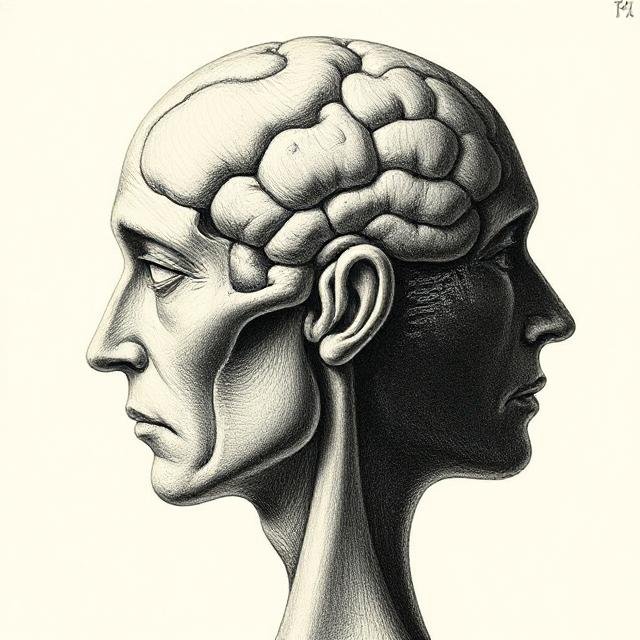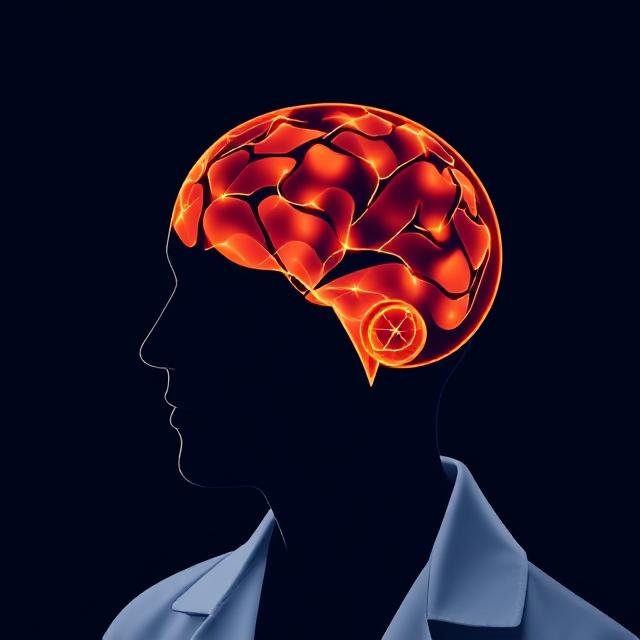Introduction
Irritability is common in children, but when anger and temper outbursts become chronic and severe, it may signal a deeper problem. Disruptive Mood Dysregulation Disorder (DMDD), a diagnosis introduced in the DSM-5, helps clinicians distinguish children with chronic irritability from those with bipolar disorder. Early recognition and treatment are essential to prevent lifelong emotional and social difficulties.
What Is Disruptive Mood Dysregulation Disorder (DMDD)?
DMDD is a mood disorder characterized by:
- Severe recurrent temper outbursts (verbal or behavioral) grossly out of proportion to the situation
- Chronic irritable or angry mood between outbursts
- Symptoms occurring three or more times per week, persisting for at least 12 months
- Onset of symptoms before age 10
DMDD is only diagnosed in children ages 6 to 18, helping to reduce misdiagnosis of pediatric bipolar disorder (APA, 2013).
Symptoms of DMDD
Key symptoms include:
- Frequent, intense temper outbursts (e.g., screaming, physical aggression)
- Irritability or anger nearly every day
- Difficulty functioning in multiple settings (home, school, with peers)
- Chronic negative mood even between outbursts
Children with DMDD often experience:
- Trouble maintaining friendships
- Academic challenges
- Increased risk of anxiety and depression later in life (Leibenluft, 2011)
Causes and Risk Factors
The exact cause of DMDD is unknown, but contributing factors include:
- Genetic predisposition to mood disorders
- Differences in brain activity related to emotion regulation
- Exposure to chronic stress or trauma
- Difficult temperament in early childhood
Research suggests that emotional dysregulation and heightened sensitivity to frustration play a significant role (Leibenluft, 2011).
Diagnosis of DMDD
DMDD is diagnosed based on:
- Comprehensive psychiatric evaluation
- Detailed history from parents, teachers, and the child
- Use of rating scales to measure mood and behavior
- Rule out other conditions like bipolar disorder, oppositional defiant disorder (ODD), ADHD, and autism spectrum disorder
A crucial diagnostic point: in DMDD, mood between outbursts is persistently irritable or angry, unlike the distinct manic or hypomanic episodes seen in bipolar disorder.
Treatment Options for DMDD
Psychotherapy
- Cognitive Behavioral Therapy (CBT): Teaches coping skills to manage anger and frustration.
- Dialectical Behavior Therapy (DBT) adapted for children: Focuses on emotional regulation and reducing impulsive behaviors.
Parent Training
Parent-focused therapy is vital:
- Teaches parents strategies to manage outbursts
- Reduces reinforcement of negative behaviors
- Improves family communication
Programs like Parent Management Training (PMT) have shown effectiveness in managing disruptive behaviors (Leibenluft, 2011).
Medication
No medications are specifically approved for DMDD, but:
- Stimulants may help if ADHD is also present
- SSRIs can address underlying anxiety or depression
- Mood stabilizers or atypical antipsychotics may be used cautiously in severe cases
Medication is considered when behavioral interventions alone are insufficient.
Living with DMDD
Children with DMDD and their families face significant challenges. Helpful strategies include:
- Maintaining consistent routines
- Using positive reinforcement for desired behaviors
- Helping the child identify triggers for outbursts
- Engaging school support services
Early intervention dramatically improves long-term outcomes and reduces the risk of persistent mood disorders into adulthood (APA, 2013).













